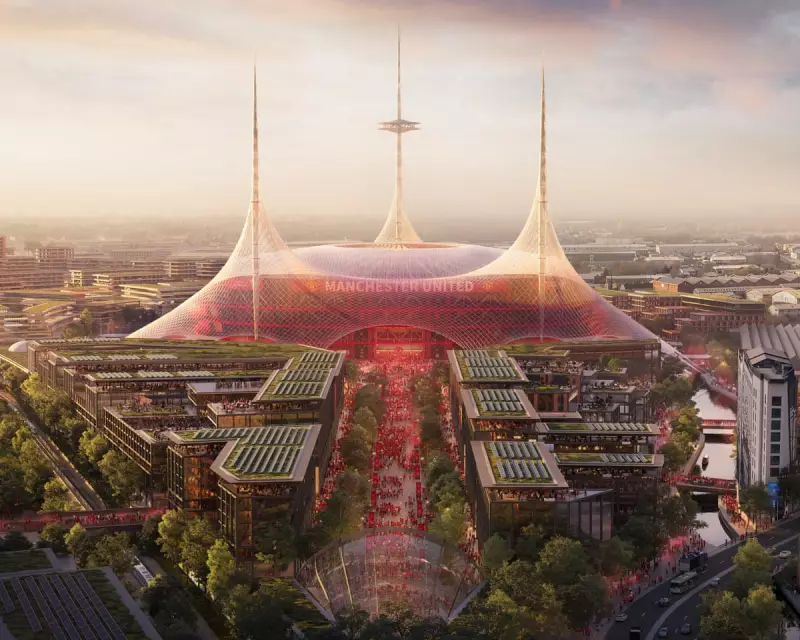
Plans for a spectacular new Manchester United stadium have received a significant boost, with the Football Association set to include a redeveloped Old Trafford in the UK's official bid to host the 2035 Women's World Cup.
A Stadium for the Future
The FA will this week publish its bid book of proposed stadiums, and Old Trafford is confirmed to be on the list. This inclusion comes despite the fact that United's ambitious vision for a state-of-the-art, 100,000-seat stadium currently exists primarily as architectural impressions. Considerable uncertainty remains over how the club will finance the colossal £2bn project.
This news provides a welcome lift for the club after the current Old Trafford was overlooked for the 2028 men's European Championship. The existing ground's dated facilities and potential for redevelopment led the selection committee to choose Manchester City's Etihad Stadium instead, which will host England's opening game.
The Road to 2035
The United Kingdom is currently the sole bidder for the 2035 Women's World Cup. The bidding process is structured, with the United States, Mexico, Costa Rica, and Jamaica lined up to host the 2031 tournament. The UK must still submit a formal bid for FIFA's approval, which is expected to be granted next year.
With the Women's World Cup expanding to 48 teams in 2031, approximately 15 stadiums will be required for the 2035 event. The initial bid book will feature more venues than needed, as the list is not binding. Final decisions on which stadiums will be used and the match schedule will not be made by FIFA until 2030.
By that time, Manchester United will be hoping that their new Old Trafford is nearing completion. The club has even greater aspirations, aiming for the stadium to host the tournament's final. However, the FA reportedly views this ambition as premature, with Wembley Stadium also having a strong claim. United's argument will hinge on the proposed 100,000 capacity and a superior fan experience, assuming the rebuild proceeds as planned. Ultimately, all final stadium decisions rest with FIFA.
Challenges and Wider Ambitions
Manchester United declined to comment but are understood to see their inclusion in the bid as a positive development amid the ongoing uncertainty surrounding the project's future.
Since Sir Jim Ratcliffe and the renowned architecture firm Foster + Partners unveiled the plans for the 'Wembley of the North' in March, significant hurdles remain. The club has yet to secure the necessary government funding for the wider £4.2bn regeneration of the Old Trafford area. Furthermore, a standoff continues with the Freightliner haulage company over the valuation of adjacent land that United is seeking to purchase.
The bid has generated excitement across the UK, with cities including Glasgow, Sunderland, Leeds, Nottingham, Birmingham, and Brighton publicly expressing their desire to be involved. Birmingham City's proposed new 62,000-seat stadium, planned for a 2030 opening, may also feature on the FA's long list. In a positive development for Northern Irish football, Belfast is expected to host matches, unlike in the Euro 2028 plans.
The FA has declined to comment on the specifics of the bid book ahead of its publication.




